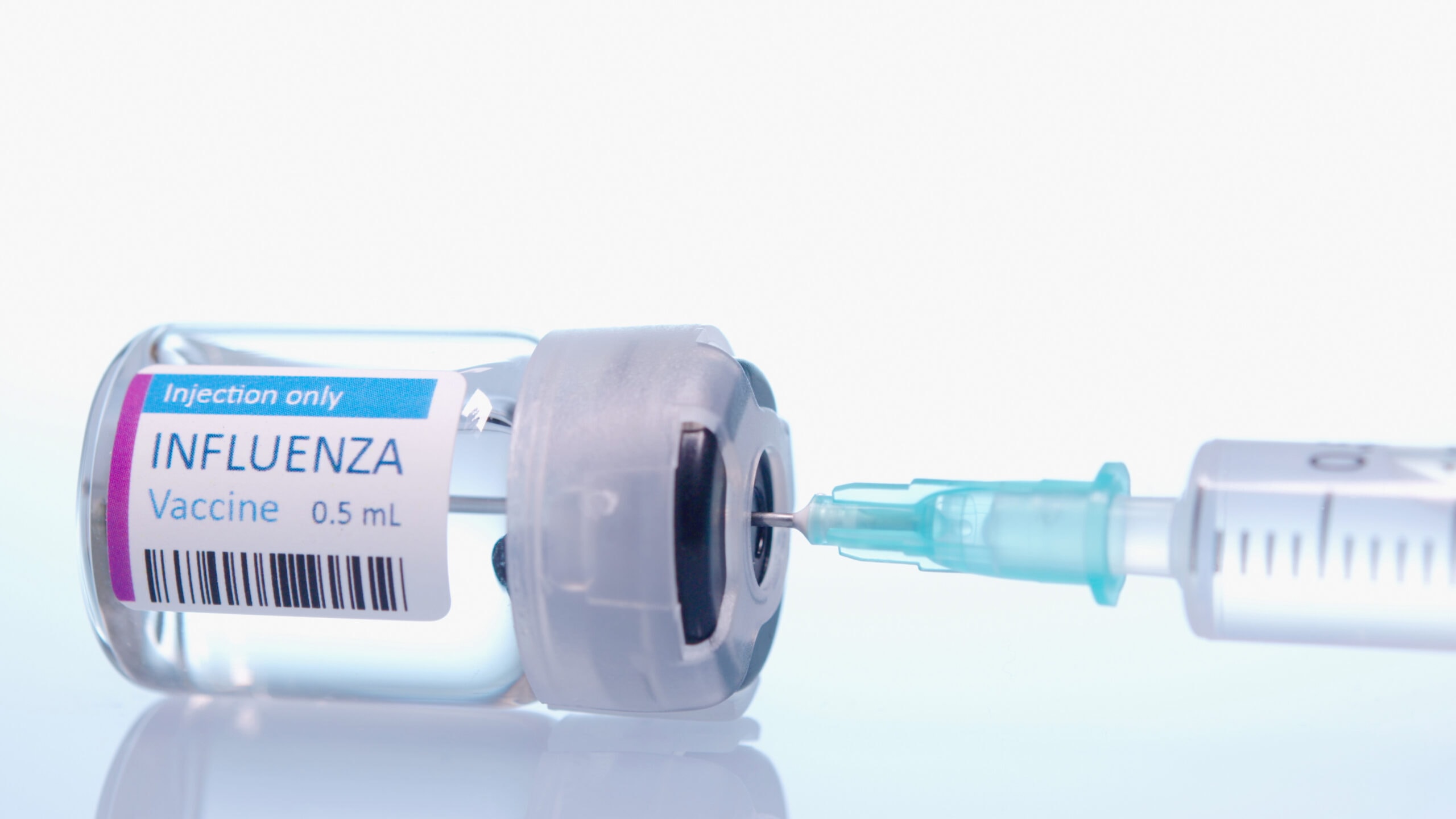UAMS Researchers Find Patients with Primary Care Provider Are More Likely to Get Yearly Flu Vaccine
| FAYETTEVILLE – Patients who have a primary care provider are more likely to get a flu shot every year, according to a study published recently by researchers at the University of Arkansas for Medical Sciences (UAMS) Office of Community Health & Research.
The study, “Associations Between Five-year Influenza Vaccination and Sociodemographic Factors and Health care Access Among Arkansans,” found that participants who had health insurance or a primary care provider were twice as likely to receive the flu vaccine on a yearly basis. The study was published in the journal Vaccine by ScienceDirect.
According to the Centers for Disease Control and Prevention (CDC), about half of the population in the U.S. and Arkansas received the flu vaccine during the 2020/2021 flu season. The CDC reported in February 2022 that there have been 174 million doses of the flu vaccine distributed in the U.S., with the majority of vaccinations distributed at a doctor’s office.
“Establishing a trusted provider-patient relationship is important to vaccine confidence and vaccine acceptance. This is important for the flu vaccine and for other vaccines that allow people to live long and healthy lives,” said Pearl McElfish, Ph.D., MBA, director of the Office of Community Health & Research.
UAMS researchers analyzed various factors that influenced flu vaccination in Arkansas over a five-year span. In addition to the relationship between having a regular doctor and flu vaccinations, findings included:
- Hispanic women were more likely to get the flu vaccine every year.
- Participants who did not have any vaccine hesitancy were three times as likely to get the vaccine as those who had expressed any level of hesitancy.
- Participants who lived in a metropolitan area and had a bachelor’s degree or higher also had greater odds of receiving the vaccine on a yearly basis.
Flu viruses change every year and generally infect people during the late fall and winter months. Many insurance providers offer annual flu vaccines at no cost to the patient. For more information about flu vaccines, talk to your primary care provider or visit www.cdc.gov.
UAMS is the state’s only health sciences university, with colleges of Medicine, Nursing, Pharmacy, Health Professions and Public Health; a graduate school; a hospital; a main campus in Little Rock; a Northwest Arkansas regional campus in Fayetteville; a statewide network of regional campuses; and seven institutes: the Winthrop P. Rockefeller Cancer Institute, Jackson T. Stephens Spine & Neurosciences Institute, Harvey & Bernice Jones Eye Institute, Psychiatric Research Institute, Donald W. Reynolds Institute on Aging, Translational Research Institute and Institute for Digital Health & Innovation. UAMS includes UAMS Health, a statewide health system that encompasses all of UAMS’ clinical enterprise. UAMS is the only adult Level 1 trauma center in the state. U.S. News & World Report recognized UAMS Medical Center as a Best Hospital for 2021-22; ranked its ear, nose and throat program among the top 50 nationwide for the third year; and named five areas as high performing — colon cancer surgery, diabetes, hip replacement, knee replacement and stroke. UAMS has 3,047 students, 873 medical residents and fellows, and six dental residents. It is the state’s largest public employer with more than 11,000 employees, including 1,200 physicians who provide care to patients at UAMS, its regional campuses, Arkansas Children’s, the VA Medical Center and Baptist Health. Visit www.uams.edu or www.uamshealth.com. Find us on Facebook, Twitter, YouTube or Instagram.
The UAMS Northwest Regional Campus includes 288 medical, pharmacy, nursing and health professions students, 64 medical and pharmacy residents, two sports medicine fellows, and 1,000 community-based faculty. The campus has nine clinics including a student-led clinic and physical, occupational and speech therapy. Faculty conduct research to reduce health disparities. Visit www.uams.edu or www.uamshealth.com. Find us on Facebook, Twitter, YouTube or Instagram.
